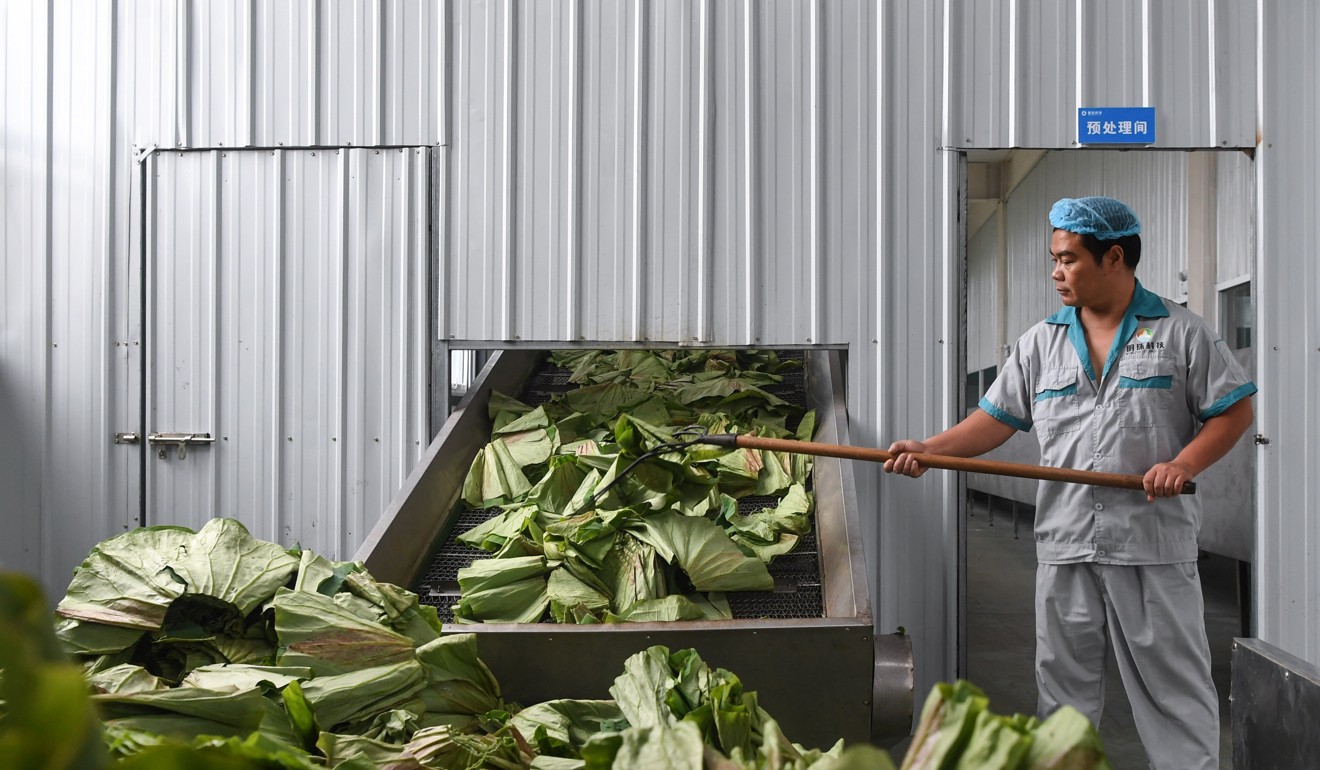
Jobs or halting climate change? With cooperation and proper planning, we don’t have to choose
Tomoko Nishimoto says governments, employers and workers should all cooperate on ‘greening’ jobs to provide decent employment and environmental sustainability
There once was a view that you had to choose to either promote jobs and growth or to protect the planet, and that these options were almost incompatible. Eventually, we realised we cannot do one without the other.
Yet, confronting climate change has great potential for the creation of jobs that provide livelihood, protection and dignity. These are also the only jobs that ensure sustainable, inclusive growth. The International Labour Organisation calls them “green jobs”.
There is an urgent need for green employment policies in one, prevention – before disasters; two, mitigation – moving to clean energy; and three, adaptation – waste recycling and reusing materials such as plastic. This process requires the combined efforts and social dialogue of governments, employers and workers.

This new dynamic argues for processes to enable green economies and production, rather than a dichotomy between unsustainable, dirty jobs to be discontinued, and sustainable, clean ones to be created.
How being marooned on an island inspired Swiss Re’s specialist typhoon insurance policy
The UN Agenda for Sustainable Development says countries must “improve global resource efficiency in consumption and production to decouple economic growth from environmental degradation by 2030”. Leveraging decent work would accelerate that process by joining productive activities and environmental promotion.
Jobs are not decent by design, or by default. A significant amount of thinking and efforts go into developing climate-proof infrastructure in Asia and the Pacific; we must pay the same attention to developing climate-proof human capital with skills for today’s – and tomorrow’s – jobs.
Whether we work in a field or an office, we can all contribute to a just transition toward sustainable, equitable and smarter societies.
Tomoko Nishimoto is assistant director general of the International Labour Organisation and regional director for Asia and the Pacific. www.ilo.org/asia @ILOAsiaPacific

